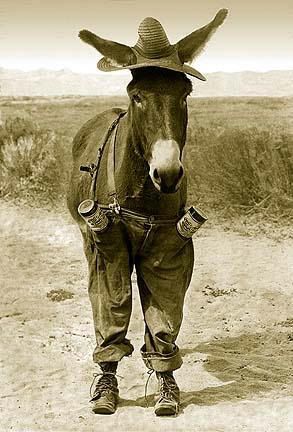Post by WVsnowflake on Jan 13, 2009 0:52:09 GMT -6
 Nah not realy, But I do want to start an earthworm farm come spring for the boys to fish with...
Nah not realy, But I do want to start an earthworm farm come spring for the boys to fish with...Earthworms are not usually considered farm livestock and they produce no eggs, milk, meat or other direct benefits . . . except their use as bait, a factor not to be underrated by the small farmer in fishing country. The little wigglers, judiciously harvested from a pit and sold as bait—either to passing customers or to a fish and tackle shop—have kept many a small operator in spending money.
The true value of earthworms, however, lies in their incredible fecundity, constant activity and willingness to till a farmer's soil from below while acting as a tubular manure factory. Burrowing along, eyeless and toothless, worms swallow great amounts of organic material, digest it and expel the remains in the form of castings. Castings of water-soluble compost, that is . . . five times richer in plant-available nitrogen, seven times richer in available phosphates and eleven times richer in available potash than the soil that was ingested.
Earthworms act, Aristotle pointed out, as the soil's intestines While they literally build the earth, their burrowing aerates it . . . permitting better water retention and root penetration through the loosened dirt. And when the little creatures' burrowing lives are over, they will their bodies to the soil in the form of nitrogenous fertilizer.
So what? Doesn't every patch of soil come full of earthworms for the digging? Well, yes and no. Wherever conditions exist that favor earthworms, they'll grow and breed in profusion. This means that any farm which concentrates on building up the organic quality of its soil will have plenty of them. However, on farms that have been run down for years—where the tilth of the soil is poor—the earthworms will be few and far between . . . particularly if the soil is exposed to much drying
www.motherearthnews.com/Nature-Community/1972-05-01/Grow-It-Earthworms.aspx









